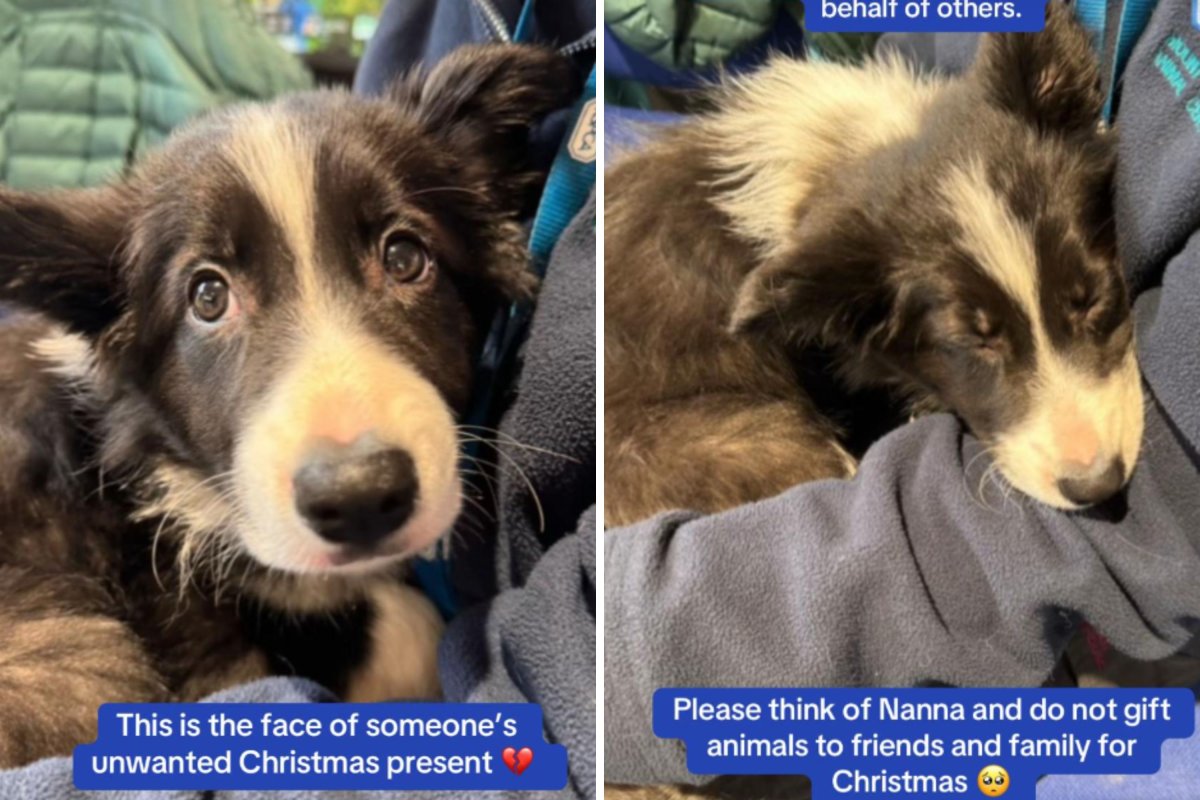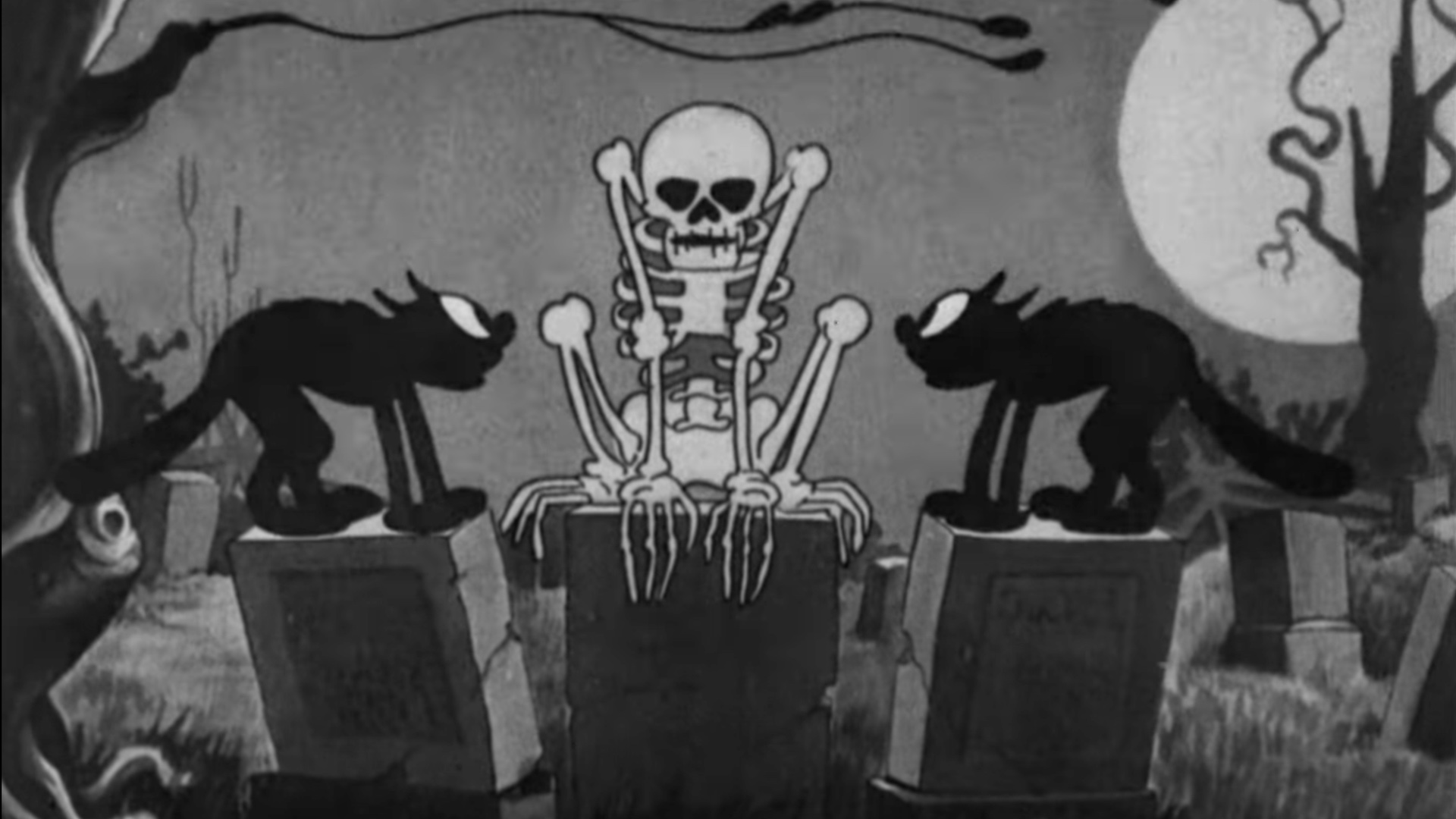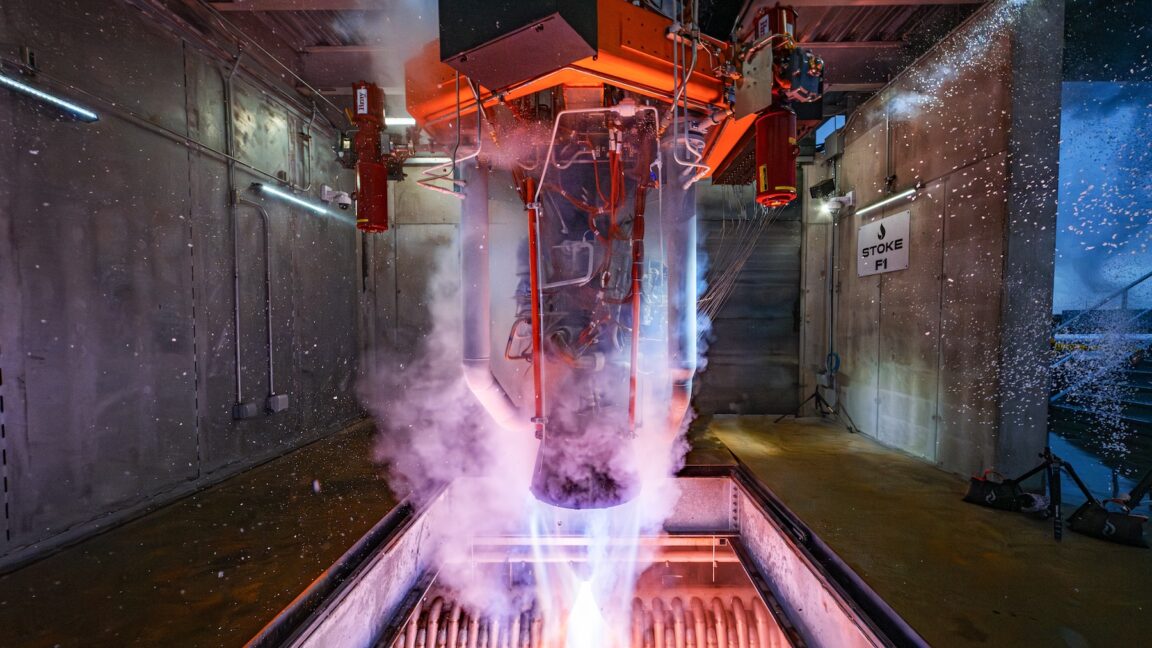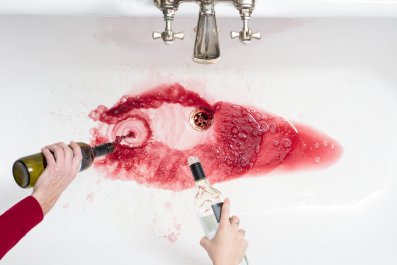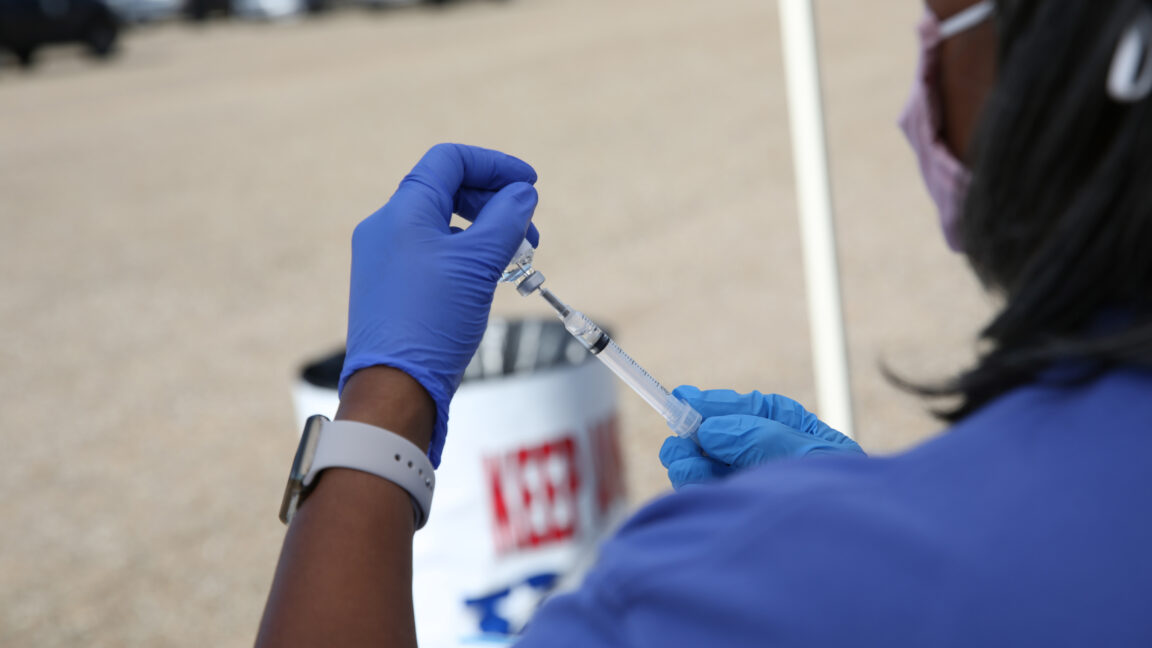Why Do Dogs Lick Their Paws? What's Normal and When To Worry

You just caught your dog licking their paws and a million thoughts are running through your head. Do they usually do that? Is this bad? Should you call the vet?
Dogs sometimes lick their paws as part of their regular cleaning. However, frequent paw licking can indicate more serious conditions, like allergies, infections or injuries.
Read on to learn why dogs lick their paws, how to correct this behavior and when you should see a vet about your dog's paw-licking habit.

6 Reasons Dogs Lick Their Paws
Dogs lick their paws for many reasons. Occasional paw licking is part of your dog's normal and healthy routine. Doing it frequently can indicate health issues ranging from minor allergies to behavioral issues.Read more
- Dog owner shares simple reason she always lets her pug lick her
- Why you shouldn't let your dog lick your face, from a vet
- Dog owner shares 5 signs to tell if your dog is happy
1. Allergies
Many things can cause allergies and increased paw licking in dogs. Including grass, chemicals like pesticides, cleaning supplies in your home and their food. Excessive paw licking is one symptom of allergies. The American Kennel Club also recommends watching for:- Itchiness
- Hives
- Swelling in the affected areas
- Red, inflamed skin
2. Anxiety and Boredom
Dogs, like humans, can get bored. They can also get anxious if you're not around or they're in a stressful environment. In these situations, dogs may lick or bite their paws because it's soothing. However, if they lick too much, they can irritate the skin or open wounds. Stimulating activities, like long-lasting chew toys or puzzles, can divert your dog away from paw licking if they're bored or anxious.3. Blisters and Cysts
Excessive licking can cause blisters, which in turn causes your dog to keep licking. Other common causes of blisters include over-exercise and walking on hot surfaces. When your dog is calm, examine their paws—including between their toes. Blisters or cysts should be easy to identify in good lighting. If your dog is licking their paws because of blisters, you may be able to treat it at home by cleaning the area and applying ointment, according to Dr. Greg Martinez, DVM.4. Injuries
Your dog can cut or injure their paws from playing on rough surfaces or stepping on something sharp. In this case, you may notice them licking their injured paw. However, excessive licking can irritate the injury and introduce bacteria to an open wound, so it's important to treat the injury. Depending on the severity, you mean be able to treat your dog at home with a first aid kit. For more serious and persistent injuries, schedule a visit with your vet.5. Self-Grooming
Dogs will often lick their paws as part of their regular self-grooming. They're either cleaning their paws or wetting their paws to clean other parts, like their face or ears. They may also lick their fur as part of this process. It's normal for your dog to self-groom periodically—perhaps a few minutes a day, although Individual dogs' habits vary. This means they're thinking about cleanliness and they feel comfortable bathing. Licking as part of your dog's normal self-grooming process doesn't require any intervention from you. If you want to help keep their paws clean, you can:- Use pet wipes on their paws, especially after they've been outside.
- Use dog booties so they don't pick up as much dirt.
- Give them a povidone-iodine foot bath. Scroll down to learn more about this.
6. Ticks and Other Parasites
Dogs spending lots of time outside are prone to ticks and other parasites. Dogs may lick their paws because of the irritation ticks cause, so it's important to remove ticks as quickly as possible. The Humane Society recommends:- Grasping the tick with a pair of tweezers. As close to your dog's skin as possible without pinching them.
- Pulling straight up with a steady motion. Don't jerk the tick out—this can leave some of the parasite stuck under your dog's skin.
- Cleaning the area with antiseptic and monitoring for infection.
How To Stop Your Dog From Licking Their Paws
The best way to stop your dog from licking their paws depends on the reason they're doing it. However, some prevention and treatment strategies can help with multiple causes of excessive licking.Monitor Your Dog's Paws
It's a good idea to regularly inspect your dog's paws. You may detect splinters, ticks or other things that contribute to paw licking before these things get out of hand. Check your dog's paws while giving them pets or treats. Gently take the paw in your hand and feel around for anything that shouldn't be there. Make sure to check between the toes, since debris and parasites can often hide there. Also take note of the smell. Many owners think their dog's paws smell like Fritos, but this is normal. If the smell changes or worsens, you might want to contact your vet.Wash Your Dog's Paws
Washing your dog's paws can help some causes of excessive paw licking—like certain allergies, blisters or injuries. Dr. Karen Becker, DVM, recommends giving your dog regular foot baths in water and povidone-iodine. The ratio doesn't need to be exact. Dr. Becker suggests diluting the povidone-iodine in water until it looks like iced tea. Regular foot baths keep dogs' paws relatively bacteria-free and wash off chemical allergens they pick up outside.Use Booties or Other Paw Covers
Sometimes dogs like their paws because of things they pick up outdoors, like allergens, cuts from sharp objects or ticks. Wearing booties, dog shoes or socks can protect your dog's paws from some things that cause excessive paw licking. Just make sure the footwear is an appropriate fit for your dog, so it doesn't cause blistering or irritation.When To See a Vet
Pay close attention to your dog's paw-licking habits. If they start licking more often—and especially if they start hurting themselves—it's a good idea to see the vet. Dr. Lindsay Butzer, DVM, recalls an incident where a dog's paw injury got serious. The bulldog's paws were split open. "I could see his muscles and his tendons," she recounts. "This was a very difficult case that started out from paw licking and irritation." It's best to see a vet sooner rather than later.Now you know why dogs lick their paws. Read more about why dogs lick their owners and when this can be bad.

